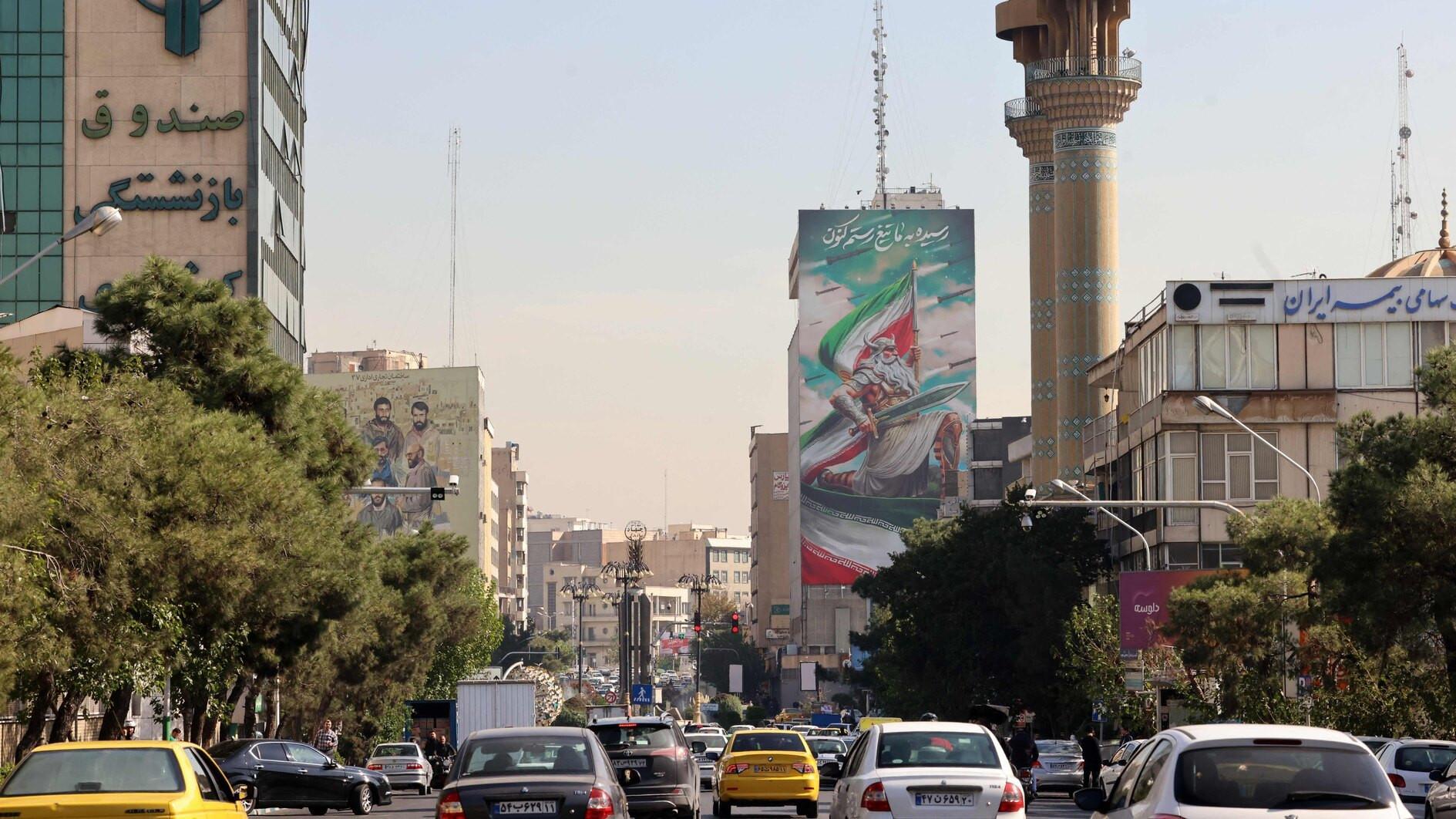
Iranians have spent nearly half of the conflict with Israel in a near-communication blackout, unable to connect not only with the outside world but also with their neighbors and loved ones across the country.
Civilians are left unaware of when and where Israel will strike next, despite Israeli forces issuing warnings through their Persian-language online channels. When the missiles land, disconnected phone and web services mean not knowing for hours or days if their family or friends are among the victims.
That’s left many scrambling on various social media apps to see what’s happening — again, only a glimpse of life able to reach the internet in a nation of over 80 million people.
Activists see it as a form of psychological warfare for a nation all-too familiar with state information controls and targeted internet shutdowns during protests and unrest.
“The Iranian regime controls the information sphere really, really tightly,” Marwa Fatafta, the Berlin-based policy and advocacy director for digital rights group Access Now, said in an interview with The Associated Press.
The Iranian government contended on June 20 that it was Israel who was “waging a war on truth and human conscience." In a post on X, a social media platform blocked for many of its citizens, Iran's Foreign Ministry asserted Israel banned foreign media from covering missile strikes.
Iran to organize press tour
The statement added that Iran would organize “global press tours to expose Israel's war crimes” in the country.
Internet-access advocacy group NetBlocks.org reported on June 20 that Iran had been disconnected from the global internet for 36 hours, with its live metrics showing that national connectivity remained at only a few percentage points of normal levels. The group said a handful of users have been able to maintain connectivity through virtual private networks.
Those lucky few have become lifelines for Iranians left in the dark. In recent days, those who have gained access to mobile internet for a limited time describe using that fleeting opportunity to make calls on behalf of others, checking in on elderly parents and grandparents, and locating those who have fled Tehran.